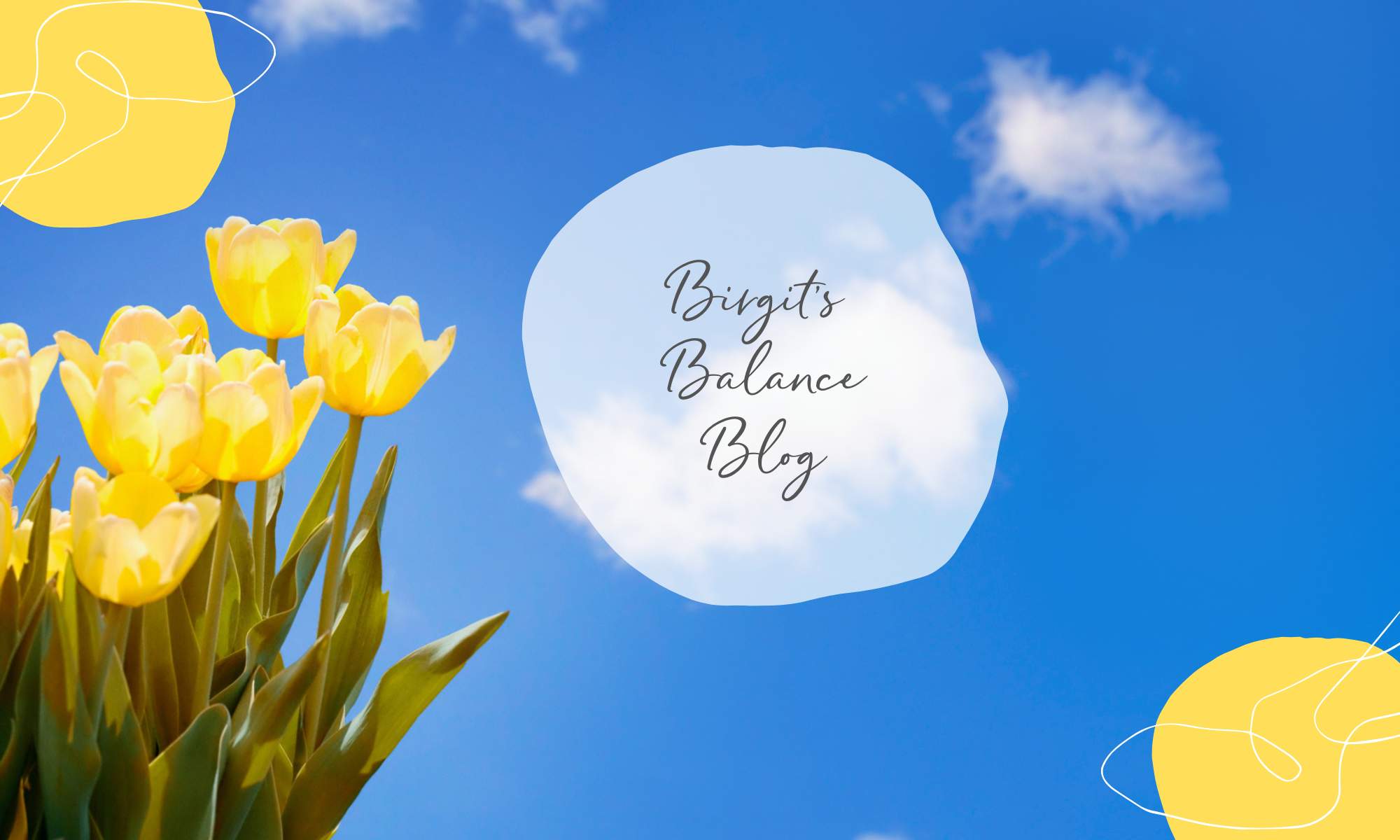
Hello Birgit!
Please write the minutes. You always do such a great job.
We beg you. You’re our last hope.
You already refused the other day. You can’t do it again.
It’s mean, isn’t it?
What was your strongest spontaneous reaction?
(from Wiebke Wimmer’s newsletter of 11.04.2022)
This is how a newsletter began that landed in my mailbox this week.
It was about saying no.
Pretty much to the point, the three most popular reasons that often make it difficult for us to say no. Depending on the situation and personality, we tend to say yes because …
1. We feel honoured that we are trusted to do it and yes, we can do it faster and better – so, why not helping (competence)?
2. We feel responsible for the welfare of others (sense of responsibility)
3. We want to do everything right (guilty conscience).
How can we still manage not to say yes, even though we actually think no?
Regarding the three points mentioned above – let’s turn the perspective around:
1. Competence: If we take something away from others because we can do it better, we likewise take away their chance to become better at it! (And increase the likelihood that they will continue to choose the easier path – directly to us).
2.Sense of responsibility: If we feel primarily responsible for the welfare of others, who will take care of our own – and when?
3. Bad conscience: If we are easily made to feel bad, we become the plaything of others’ expectations.
So how can we go about it?
Here are my top 3 tips (in order of importance) that have worked quite well for me so far to help me deal with saying no better and to say it more often.
It’s not about just saying no – it’s about feeling good about the yes we say and also being able to stand by them with conviction.
Tip 1 – Take time to think!
We often say yes quickly because we are afraid of the reaction to a no. But rarely do we think about the consequences of saying yes – which are often much more serious than the reactions to a no. In order to get clarity about whether I can afford to say yes and whether I really want to, it’s helpful not to say yes immediately, but to ask for time to think about it. And then to use this time to weigh things up and come back to my counterpart with a decision that I can really stand behind.
Tip 2 – A clear no.
Don’t ramble on and pay attention to the wording. Sometimes the way we say no can already tell you that we feel bad about it (only if we haven’t taken point 1 into account ;-)). So, make a conscious decision and say clearly: “No, I can’t.” or “No, this does not work for me.” etc.
Tip 3 – No excuses. No explanations. No justifications.
This is closely related to tip 2 – especially if we rush to justify or apologise for saying no, it gives the impression that we feel uncomfortable and weakens our position. From there, it is often only a small step to change our minds. Of course, we may be asked why we refuse (I have experienced this in less than half of the cases when I was really clear). Then of course we can say something about it. And the clearer we have become through our reflection period, the clearer we will also be able to express the explanation.
Of course, there is a lot more to say about learning to say no. But, no, that’s all I wanted to give you today. I have deliberately chosen the three power tips and hope they will help you.
Two final thoughts:
Check how you yourself react to a no from others. Do you respect it the way you want yours to be respected?
And – don’t forget:
A no to something or someone is a yes to you and what is important to YOU.
In this sense!
Just say no 🙂
Birgit
